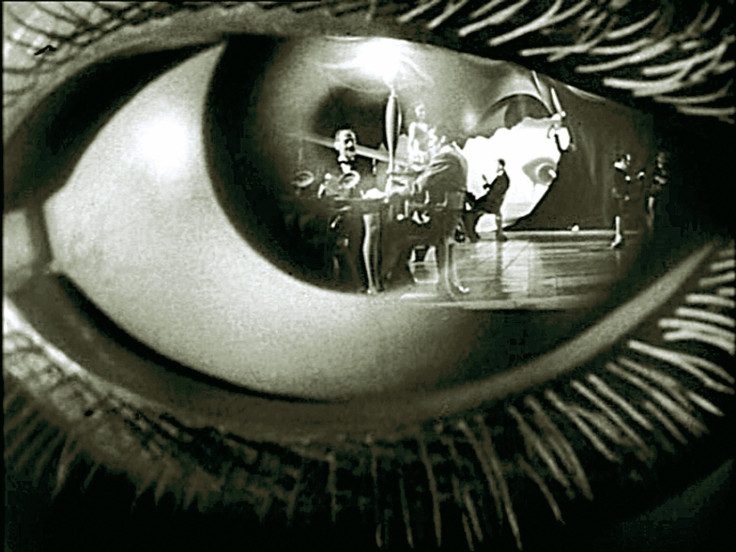LSD Influences Your Sense Of Self And Ego — A Trait That Could Be Useful In Psychiatry

Lysergic acid diethylamide (LSD) was widely used in research and psychiatric practice during the 1950s and 60s, a time when brain scanning technologies had not yet been invented. Naturally, then, the few studies on its effects on the human brain were much more limited than what we can achieve today. A new MRI study brings us closer than we’ve ever been to understanding these effects; researchers observed that, under the influence of LSD, people’s brains show increased global connectivity, which in turn alters their sense of self.
“There is a network of the brain which ‘lights up’ when we perform introspection, when we think deeply about ourselves,” Dr. Enzo Tagliazucchi, the study’s lead author and researcher at the Royal Netherlands Academy of Arts and Sciences, told Medical Daily. “And there is another network that ‘lights up’ when we perceive the external world through our senses.” These two networks not only became more connected, showing synchronized activity under LSD, but they also changed over time in very similar ways. Because of this, Tagliazucchi explained “it is no longer reasonable to consider them two separate networks, but that they are joined together into a single network that does the same over time.”
Psychic Opening and Ego Dissolution
In 1938, Albert Hofmann, a Swiss chemist, synthesized LSD in a pharmaceutical laboratory while attempting to design a respiratory drug. After accidentally ingesting some of the compound, he experienced its astounding powers, which he described as seelische Auflockerung, or “a psychic loosening or opening.” In a 1998 published paper, Psychologist Ralph Metzner explained this concept of loosening the psyche could become a model for LSD-assisted psychotherapy, where patients suffering from anxiety, depression, or other disorders are given gradually increasing doses of LSD in a series of Freudian analysis sessions. By virtue of this psychic opening, a patient’s defenses would drop and he or she would become more vividly aware of previously unconscious emotional dynamics. With new insight, patients would then be able to resolve their inner conflicts.
During the heyday of LSD research, some psychiatrists even believed a series of increasing doses could lead to deeper psychic openings — to birth and pre-birth memories. More modestly, Tagliazucchi and his colleagues suggest LSD can bring about ego-dissolution, or the feeling that the boundary separating the self (you) from the rest of the world has dissolved. To learn more about LSD and ego-dissolution, the research team scanned the brains of 15 healthy people while they were on LSD or a placebo.
They observed amplified global connectivity in the brain. In particular, the fronto-parietal cortex, which is associated with self-consciousness, increased its connections to sensory areas of the brain, which receive information about the world and convey it for further processing to other neural regions.
“The increases in connectivity correlated with subjective reports of ego-dissolution,” Tagliazucchi said. “The stronger the intensity of ego-dissolution experienced by the participants, the stronger the increase in connectivity.”
The team also witnessed functional changes in the of a part of the brain that previous studies have linked to "out-of-body" experiences. Excited by their findings, the researchers say psychedelic drugs work in a different way than other drugs that are used to restore balances in the chemistry of the brain and therefore may be valuable in carefully controlled settings.
“Psychedelics provide a window of opportunity for the patients to perform new associations and acquire new insights, which can have a lasting effect over time,” said Tagliazucchi. “In the case of anxiety — more precisely, death-related anxiety in terminal stage cancer patients — a very important insight comes from the experience of ego-dissolution.” The loss of one’s personal identity, as well as their sense of self within the environment, helps patients cope with their inevitable deaths, he says, which is reflected in previous research by psychiatrist Dr. Peter Gasser.
Though he and his colleagues do not currently understand whether ego-dissolution might perform a positive role in the treatment of other forms of anxiety or depression, they are experimenting and should have results soon. By virtue of new technologies, what’s old is suddenly new again.
Source: Tagliazucchi E, Roseman L, Kaelen M, et al. Increased Global Functional Connectivity Correlates with LSD-Induced Ego Dissolution. Current Biology. 2016.



























